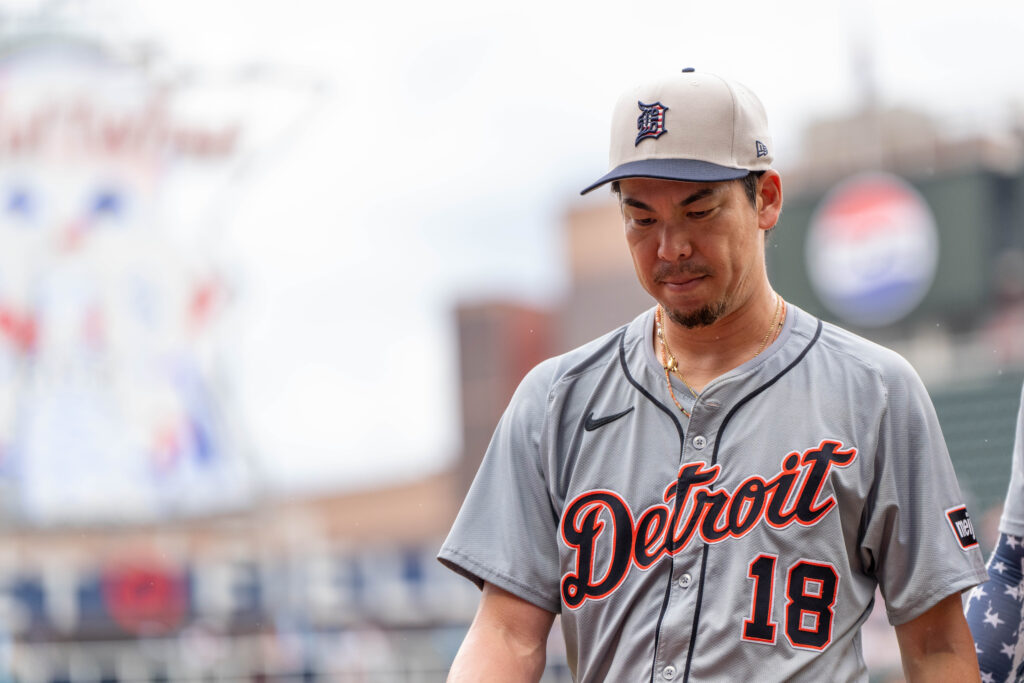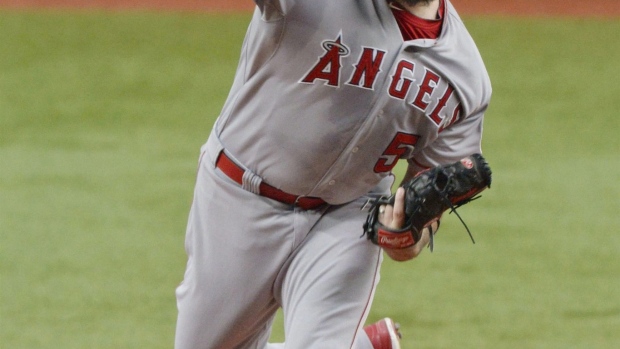Kenta Maeda’s journey from a standout pitcher in Japan’s Nippon Professional Baseball (NPB) to a seasoned veteran in Major League Baseball (MLB) is a narrative filled with determination, skill, and adaptability. This article explores Maeda’s rise to prominence, his transition to the MLB, and his ongoing career as a reliable pitcher in one of the world’s most competitive baseball leagues.
Early Life and NPB Stardom
Kenta Maeda was born on April 11, 1988, in Osaka, Japan. His passion for baseball developed at a young age, leading him to excel in high school and eventually catch the attention of professional scouts. After a stellar performance at the high school level, Maeda was drafted by the Hiroshima Toyo Carp in the 2006 NPB Draft.
Rise to Prominence in NPB

Maeda made his professional debut in 2010, quickly establishing himself as one of the most talented pitchers in the NPB. His performance can be characterized by several key achievements:
- 2010-2015: Maeda quickly became a mainstay in the Carp’s rotation, earning numerous accolades, including the 2015 Sawamura Award, given to the best pitcher in NPB.
- Consistent Performance: Over his six seasons with the Carp, Maeda boasted an impressive 2.95 ERA, a testament to his skill and reliability on the mound.
- Strikeout Ability: He averaged nearly 8 strikeouts per 9 innings, showcasing a strong ability to overpower hitters.
Maeda’s success in NPB was not just about individual accolades; he also played a crucial role in leading the Carp to the Japan Series in 2016, solidifying his status as a top-tier pitcher.
Transition to Major League Baseball

In December 2015, after a stellar NPB career, Maeda decided to pursue his dream of playing in Major League Baseball. He was posted by the Hiroshima Toyo Carp, allowing MLB teams to negotiate a contract with him. The Los Angeles Dodgers ultimately signed Maeda to a lucrative eight-year contract worth $25 million, plus a posting fee of $20 million to the Carp.
Challenges and Adaptation
The transition from NPB to MLB is notoriously challenging for Japanese players due to differences in the style of play, training methods, and the level of competition. Maeda faced several hurdles:
- Cultural Adjustments: Adapting to life in the United States, including language barriers and a different baseball culture, was a significant challenge for Maeda.
- Pitching Style: The MLB features a more aggressive approach from hitters compared to NPB, requiring Maeda to adjust his pitching strategy.
- Injury Concerns: Maeda had a history of injuries in Japan, raising concerns about his durability in the demanding MLB schedule.
Despite these challenges, Maeda quickly proved his mettle in the MLB. In his rookie season (2016), he posted a 3.48 ERA with 161 strikeouts over 175 innings, finishing third in the National League Rookie of the Year voting. His ability to adapt to the MLB game was evident as he continued to refine his pitching repertoire.
Establishing Himself as a Reliable Starter

Over the next few seasons, Maeda carved out a reputation as a reliable starting pitcher for the Dodgers. His performance statistics highlight his consistency:
- 2017-2019: Maeda continued to excel, showcasing a solid ERA ranging from 3.81 to 4.04 during these years.
- Postseason Performance: Maeda played a crucial role in the Dodgers’ playoff runs, demonstrating his ability to perform under pressure. Notably, he had a standout performance in the 2018 World Series.
- Versatility: Maeda’s ability to pitch as both a starter and a reliever made him an invaluable asset for the Dodgers, allowing the team to manage their pitching staff effectively.
Trade to the Minnesota Twins

In February 2020, Maeda was traded to the Minnesota Twins, a move that marked the next chapter in his MLB career. This trade brought both opportunities and challenges:
- New Environment: Joining the Twins meant adapting to a new coaching staff and teammates, but it also provided Maeda with a fresh start.
- Increased Responsibility: With the Twins, he became the ace of the pitching staff, taking on a leadership role.
- Career Year in 2020: In the shortened 2020 season, Maeda had a breakout year, posting a 2.70 ERA and finishing third in the American League Cy Young Award voting.
Maeda’s success with the Twins reaffirmed his status as a top-tier pitcher in the league. His ability to adapt his pitching style and continue to improve his skills echoed his early career development in NPB.
Recent Performance and Legacy
As of 2023, Kenta Maeda continues to demonstrate his value as a veteran MLB pitcher. His performance statistics and contributions to the Twins have been noteworthy:
- Injury Comeback: After undergoing Tommy John surgery in September 2021, Maeda made a successful return to the mound in 2022, showcasing his resilience.
- Mentorship Role: As a seasoned player, Maeda has taken on a mentorship role, helping younger pitchers develop their skills and navigate the challenges of professional baseball.
- Community Impact: Off the field, Maeda has been involved in charitable work, particularly in supporting youth baseball initiatives in both Japan and the United States.
Maeda’s journey from NPB star to MLB veteran exemplifies the power of perseverance and adaptability. His ability to navigate cultural differences, overcome challenges, and continuously improve his game has made him a respected figure in baseball.
Kenta Maeda’s evolution from a high school standout in Japan to an accomplished MLB veteran is a testament to his hard work, resilience, and adaptability. His successful transition to the MLB and his ability to thrive in a competitive environment serve as an inspiration to many aspiring athletes. As he continues his career with the Minnesota Twins, Maeda remains a prime example of how dedication and determination can lead to success in sports, transcending cultural and geographical barriers.
In summary, Maeda’s story is not just about his statistics and accolades; it is about the journey of a player who has continually adapted and evolved throughout his career, embodying the spirit of perseverance that resonates with fans and aspiring athletes alike.